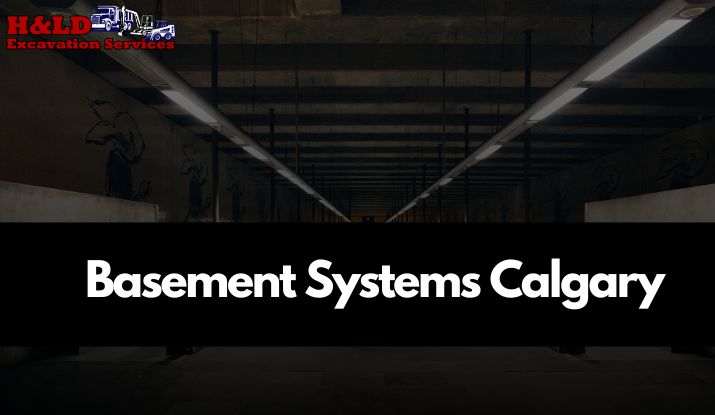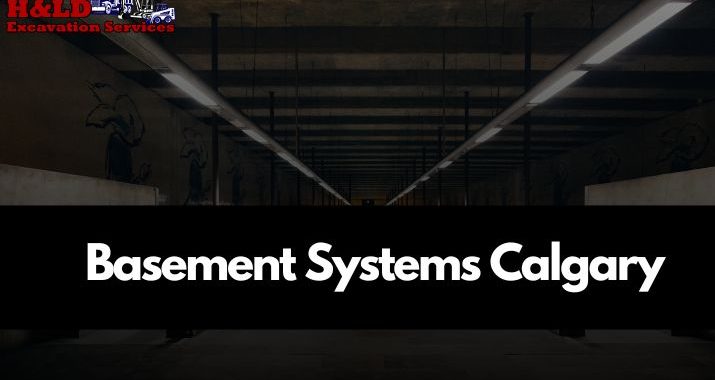Water damage in the basement is a homeowner’s worst nightmare. Whether it’s caused by heavy rainfall, groundwater seepage, or foundation issues, water in your basement can lead to costly repairs and long-term structural damage. One of the best ways to prevent this is with a proper basement system. These systems are designed to keep your basement dry, safe, and free from moisture-related problems. But how exactly do they work? Let’s explore how basement systems can protect your home from water damage and why they are an essential investment.

What is a Basement System?
A basement system is a combination of solutions designed to manage water and moisture in your basement. These systems typically include components like sump pumps, drainage systems, dehumidifiers, and waterproofing barriers. The main goal of a basement system is to prevent water from entering your home or to efficiently remove it if it does. Different types of basement systems are available depending on your home’s specific needs and the level of protection required.
Preventing Water Infiltration
One of the most critical roles of a basement systems Calgary is preventing water from entering your basement in the first place. Water can seep into your home through cracks in the foundation, walls, or floors, especially in areas prone to heavy rainfall or high groundwater levels. A properly installed basement system includes drainage solutions, such as a perimeter drain or French drain, which channels water away from the foundation. Waterproofing membranes and sealants applied to the walls and floors further help block moisture from penetrating the interior space.
Sump Pumps: A Key Component
Sump pumps play a vital role in most basement systems. Installed in a sump pit, these pumps automatically activate when water levels rise, pumping water out of the basement and away from your home’s foundation. Without a sump pump, water can pool in the lowest areas of your basement, leading to flooding. A reliable sump pump is essential for homes in Calgary, where sudden rain or snowmelt can quickly overwhelm drainage systems. Pairing your sump pump with a battery backup ensures your basement stays protected even during power outages.
Controlling Humidity and Moisture
Water damage isn’t always about visible flooding. High humidity levels in your basement can also cause issues like mold growth, musty odours, and wood rot. A basement system can include a dehumidifier, which helps control moisture levels in the air, keeping your basement dry and comfortable. Proper ventilation is also essential to promote air circulation, which prevents condensation from building up on walls and other surfaces.
Protecting Your Foundation
Water damage isn’t limited to the inside of your basement—it can also impact the structural integrity of your foundation. Over time, constant exposure to water can weaken the foundation, leading to cracks, shifting, or even serious structural problems. A good basement system helps reduce pressure on your foundation by directing water away from the home, preventing the kind of long-term damage that can be both costly and dangerous.
Enhancing Property Value
Beyond the immediate benefits of protecting your home, installing a basement system can also increase your property value. A dry, well-maintained basement adds functional space to your home, whether you use it for storage, a home office, or a living area. Potential buyers see the value in a home that’s equipped with proper waterproofing and drainage systems, making your property more appealing on the market.
Final Thoughts – Basement Systems
Investing in a basement system is one of the best ways to protect your home from water damage. From keeping water out to controlling humidity and preventing structural issues, a properly installed basement system offers peace of mind. Whether you live in an area prone to flooding or just want to safeguard your home, a basement system is an essential part of long-term home maintenance. Protect your investment and enjoy a dry, comfortable home for years to come.




